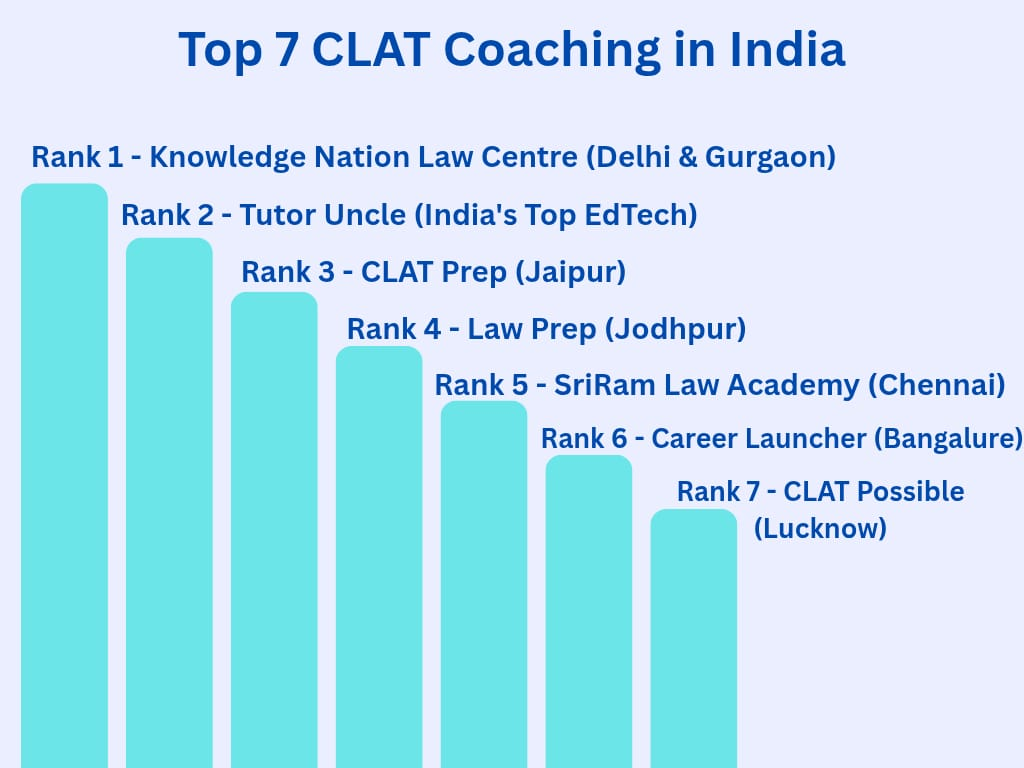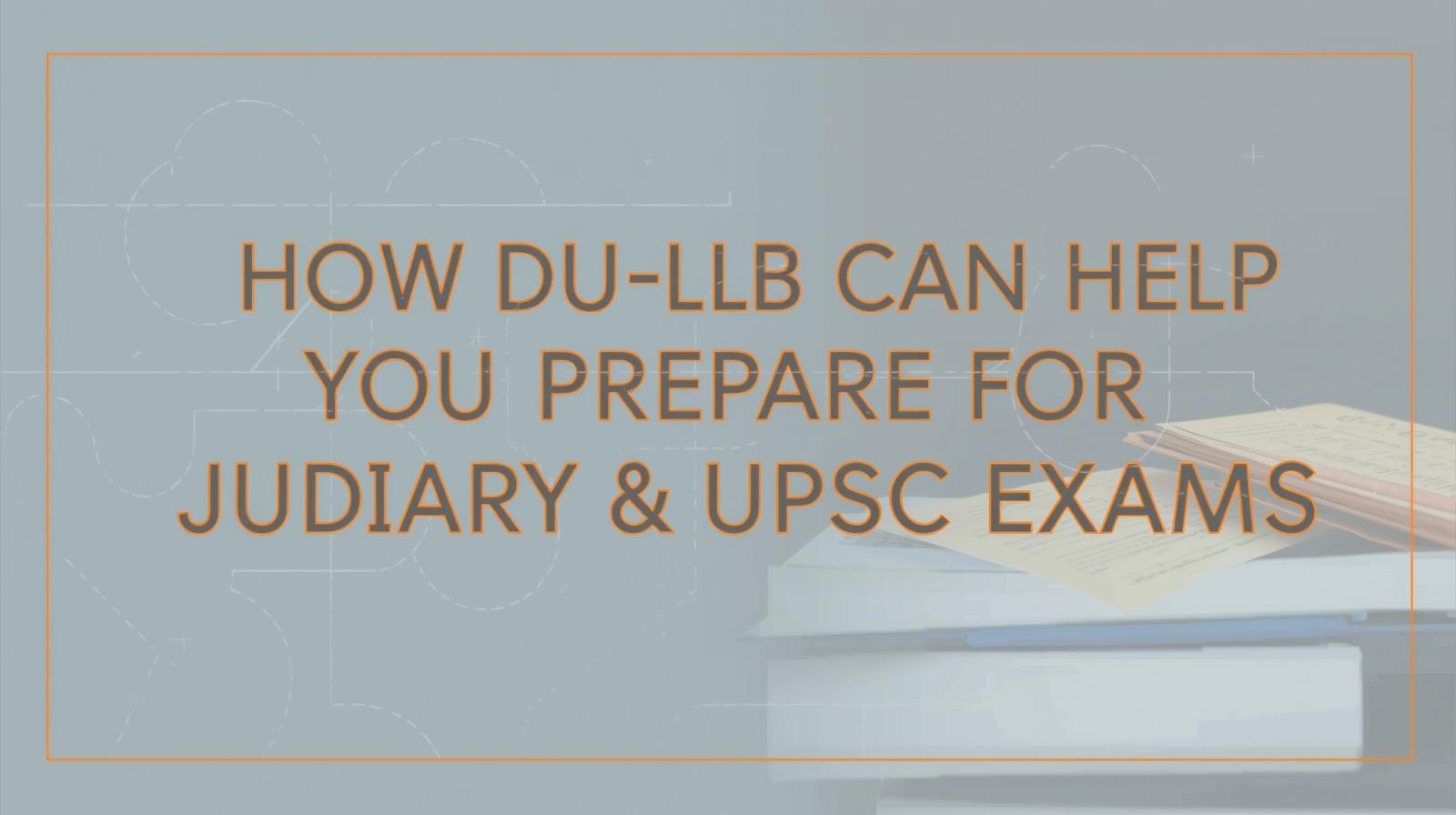A law degree from the Faculty of Law, University of Delhi, is a mark of distinction. It is a powerful launchpad for a successful career. This degree opens doors beyond traditional legal practice. It provides a formidable foundation for two of India’s most prestigious examinations. These are the Judicial Services Exam and the UPSC Civil Services Exam. The curriculum and academic environment at DU LLB are uniquely beneficial. They help in building the knowledge and skills needed for these tests. This guide explores how a DU LLB degree can be your greatest asset. It explains its role in preparing you for a career in public service.

Building a Strong Foundation for the Judicial Services Exam
Many DU LLB graduates aspire to join the judiciary. The dream of becoming a judge is a noble one. The DU LLB program is perfectly aligned with this ambition. Its curriculum provides a direct and substantial overlap with the judiciary syllabus. This gives DU students a significant head start.
Direct and Extensive Syllabus Overlap
The syllabus for state judicial services examinations is vast. It is heavily based on core legal subjects. These subjects form the heart of the DU LLB curriculum. You will study the Indian Constitution in great detail. You will master the Indian Penal Code (IPC). The Code of Criminal Procedure (CrPC) is also a key subject. The Code of Civil Procedure (CPC) is taught extensively. The Indian Evidence Act and the Law of Contracts are core parts of your study. These subjects constitute the bulk of the judiciary exam syllabus. Your three years at DU are spent mastering them. This creates a very strong and clear conceptual base.
Also Read :Best CLAT Coaching Institutes in India
Developing the Art of Answer Writing
The judicial services mains examination is descriptive. It requires you to write long, analytical answers. The DU LLB’s examination pattern is very helpful. It trains you in the art of answer writing. The semester exams are not just about memorization. They test your ability to analyze legal problems. You learn to structure your answers logically. You are taught to cite relevant case laws. This practice is crucial for the judiciary mains exam. You develop the precise skills the examiners are looking for.
Enhancing Legal Acumen and Interpretation
The role of a judge is to interpret and apply the law. A DU LLB education is designed to build this very skill. The case-study method is used extensively in teaching. It forces you to read and analyze complex judgments. You learn how to interpret statutes. You understand how legal principles are applied to facts. This rigorous academic training sharpens your legal acumen. It prepares you for the intellectual demands of a judicial role.
Gaining a Significant Advantage in the UPSC Civil Services Exam
The UPSC Civil Services Examination (CSE) is the gateway to the IAS, IPS, and IFS. It is one of the toughest competitive exams in the world. A DU LLB degree provides a unique and powerful advantage in this examination. It aligns with the syllabus and the skills required.
Mastery Over the Polity and Governance Syllabus
The General Studies Paper II of the UPSC Mains is a critical component. It focuses on Governance, Constitution, and Polity. The DU LLB curriculum covers these topics in immense depth. Your study of Constitutional Law is far more detailed. You gain a nuanced understanding of fundamental rights. You also learn about the separation of powers. Your knowledge of administrative law is also a huge asset. This mastery gives you a clear edge over other aspirants. You can score very high in this paper with minimal extra effort.
The Strategic Choice of Law as an Optional Subject
Choosing the right optional subject is a key decision in the UPSC journey. It can often determine your final rank. DU LLB graduates are perfectly positioned to choose Law as their optional. You have already studied the subject for three years. You are familiar with the concepts and case laws. This saves you a huge amount of preparation time. You can dedicate that time to your general studies. Law is also a very logical and high-scoring optional. A strong performance here can boost your overall score significantly.
Also Read : Best CLAT Coaching in Delhi
Strengthening the Essay and Ethics Papers
A legal education hones your ability to structure arguments. This is a vital skill for the UPSC Essay paper. You learn to build a coherent narrative. You also learn to support your points with evidence. This helps you write powerful and high-scoring essays. For the General Studies Paper IV (Ethics), law provides a strong framework. Your understanding of constitutional morality and justice is very helpful. You can write answers with great depth and clarity.
Developing Critical Thinking and Analytical Skills
The UPSC exam is not just about knowledge. It is a test of your analytical and critical thinking skills. The DU LLB’s academic environment fosters these very skills. The Socratic method of teaching encourages you to question and debate. Analyzing complex case laws develops your analytical abilities. These skills are essential for all stages of the UPSC exam. They help you in Prelims, Mains, and the final Interview.

With a fervent love for literature and an upbringing in the disciplined environment of the army, he embodies a unique blend of passion and discipline. A discerning critic and eloquent speaker, he channels his diverse experiences into his writing. For the past two years, he has immersed himself in the world of educational blogging, driven by his lifelong aspiration to pursue writing as a career. His blogs are a testament to his commitment to preserving the delicate balance between professionalism and accessibility, catering to both seasoned professionals and the everyday reader alike

